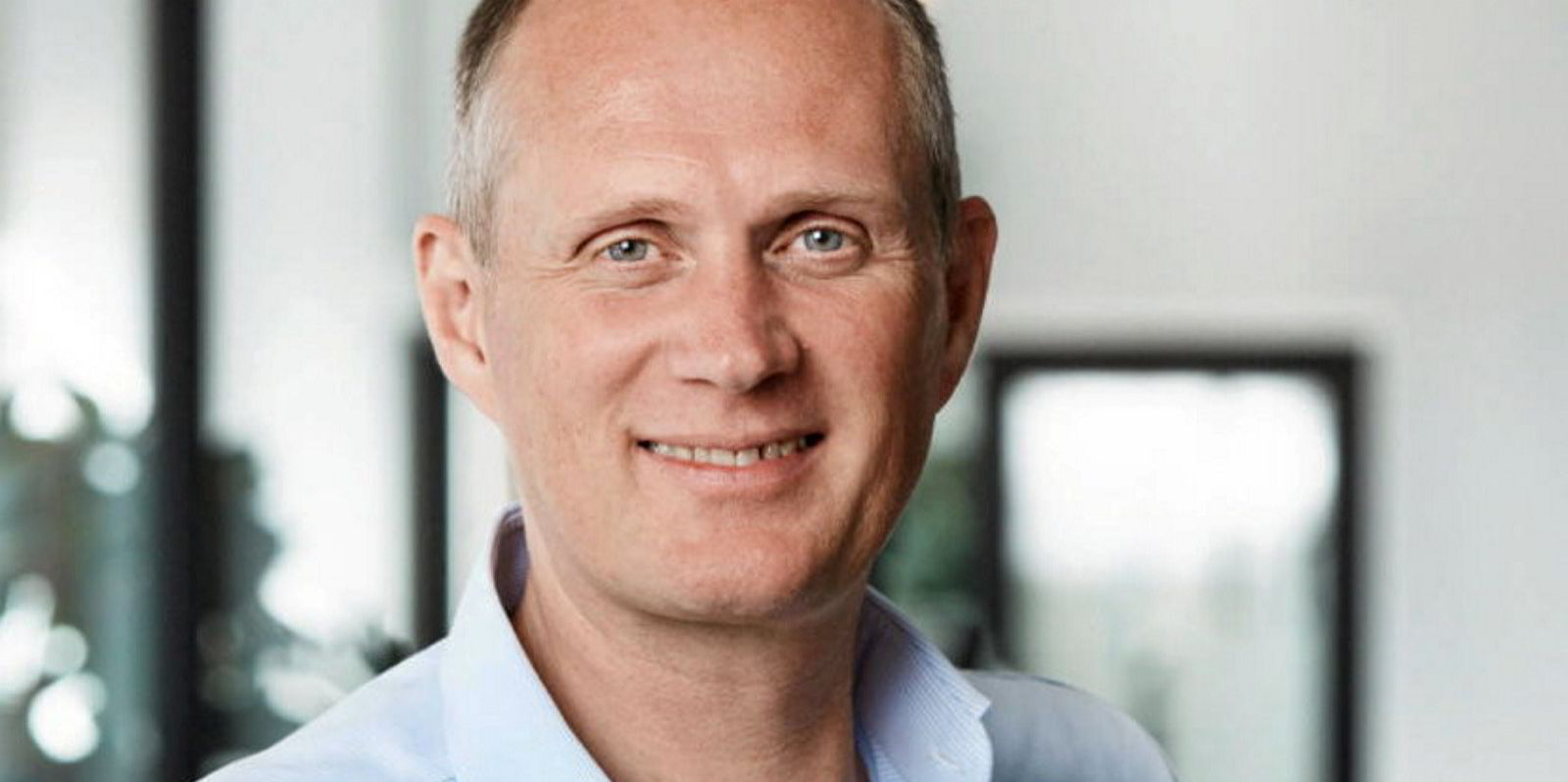ZeroNorth typifies Denmark’s proactive attitude to technology and improving shipping’s environmental performance.
Like many maritime tech start-ups in the country, the software provider was founded by a shipowner, Maersk Tankers.
The Copenhagen-based firm — spun off at the beginning of this year — develops what it calls “cutting-edge technology” into software for spot market players to optimise operations, maximise business and reduce CO2 emissions.
“We founded ZeroNorth very much to help shipowners and ship operators in the tramp shipping industry to really operate their vessels more efficiently, and thereby reduce CO2 emissions and increase earnings,” ZeroNorth chief executive Soren Meyer told TradeWinds.
Meyer said its software is developed to help operators optimise each voyage, “meaning sailing at the right speed and taking bunkers at the right time and sailing the right route”.
Forging its own path
After going it alone at the start of the year, the company adopted the name ZeroNorth in June. In September, it announced a new equity partnership with commodity-trading giant Cargill.
“From there, you can say that this year has really been about taking a software that was developed for Maersk Tankers last year and tested with a few external customers, and then taking that to market,” Meyer said.
In 2020, ZeroNorth sought to prove itself as an independent tech company and to scale-up its shipping business, which appears to be ramping up.
The company employs 48 people across its Copenhagen office and its development partner in Poland.
Besides Cargill, ZeroNorth already has about 11 customers globally and the commitment of about 1,300 vessels.
ZeroNorth’s target market — the tramp shipping sector — is huge, comprising 33,000 vessels with a combined annual turnover of more than $100bn.
He said the sector emits between 375m tonnes and 400m tonnes of CO2 emissions each year, which can be cut through innovation in operations.
“Doing optimisation on this is a big opportunity,” Meyer said.
Need for collaboration
He envisages ZeroNorth contributing to shipping’s decarbonisation in two ways: by assisting its customers and by collaborating with other green initiatives across the industry.
“We very much believe that technology needs to be done in partnerships — so it's not one company that can do everything on their own,” Meyer said.
“I think things have to be done in partnerships across the industry where we're sharing data, we're sharing knowledge, we're sharing KPIs [key performance indicators], we’re sharing use cases and optimising together. I don't think one software company will solve it.”
There are many sporadic initiatives across the industry to help tackle decarbonisation using technology but, in Meyer’s opinion, the approach is not joined up.
I think it’s about creating transparency across the supply chain — the shipowners, the charterers, the vendors, the bunker buyers — so that we support each other to drive down emissions together
Soren Meyer
“I think it’s about creating transparency across the supply chain — the shipowners, the charterers, the vendors, the bunker buyers — so that we support each other to drive down emissions together,” he said.
He added that it would help to have a single, trusted, industry-wide platform to promote this collaboration in a transparent way, where people are working together towards the same goal, not making contractual agreements that go against each other.
Added to this, there is the complexity of gathering data on vessel operations.
Meyer said a single port-to-port voyage can generate something like 10,000 data points from changing weather conditions, freight and bunker pricing, the condition of the vessel and so on.
“No human being can actually monitor and align all of that,” he said.
"That's where you need big data and technology to make that transparency and turn it into joint actions on what can be done together.”
Meyer said shipping executives realise that they cannot meet their big two challenges — increasing earnings and reducing emissions — without using software, and he said there is an increased willingness to adopt technology.
But he added that software platforms also need to engage day-to-day users "on the shop floor" to increase utilisation and buy-in from staff.
The way forward
Meyer hopes that, by the end of this year, ZeroNorth will be able to announce more partnerships, which will “probably” consist of strategic tie-ups with other technology companies.
But, unlike the partnership with Cargill, it does not intend to give away any more of its equity.
“Data-sharing agreements and integration agreements, I think, are probably where we would look now,” Meyer said.
He added that the outfit’s immediate priority will be to keep scaling up its business and delivering value to its customers.
ZeroNorth hopes to double in size every year and build on its product offering, he said.
“I think we need to speak the language of the shipping industry — and the language of the shipping industry is to make sure that the US dollar and CO2 [reductions] go hand in hand,” Meyer added.
This story has been amended since publication to accurately quote Meyer as saying that software developed for Maersk Tankers "was tested with a few external customers".



